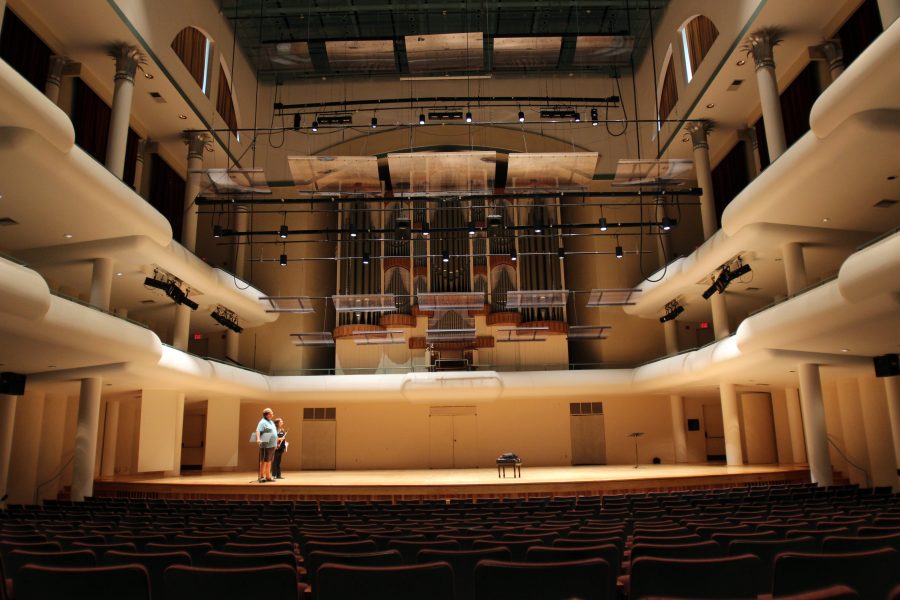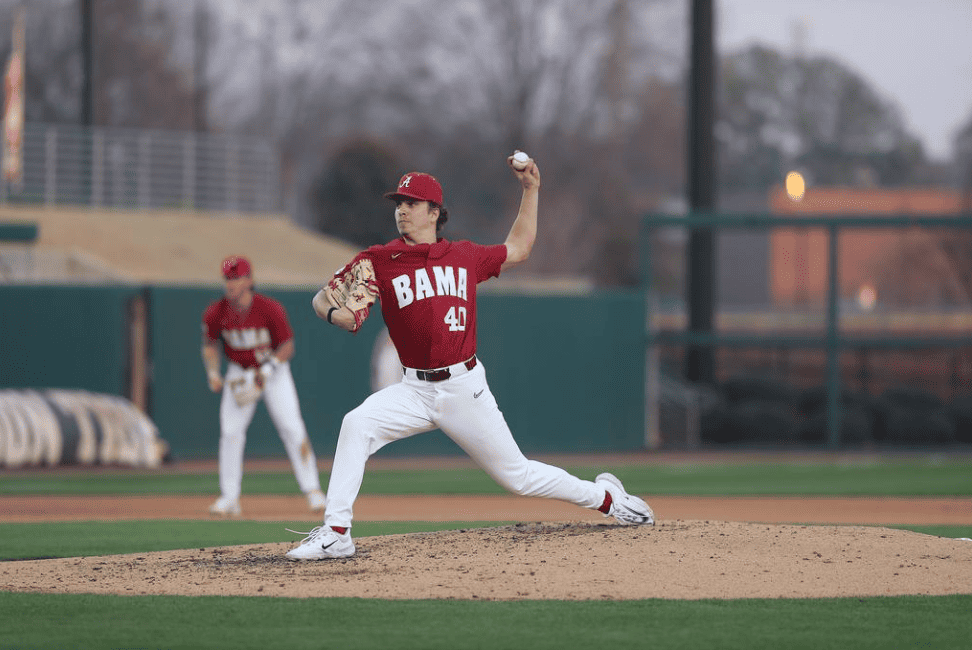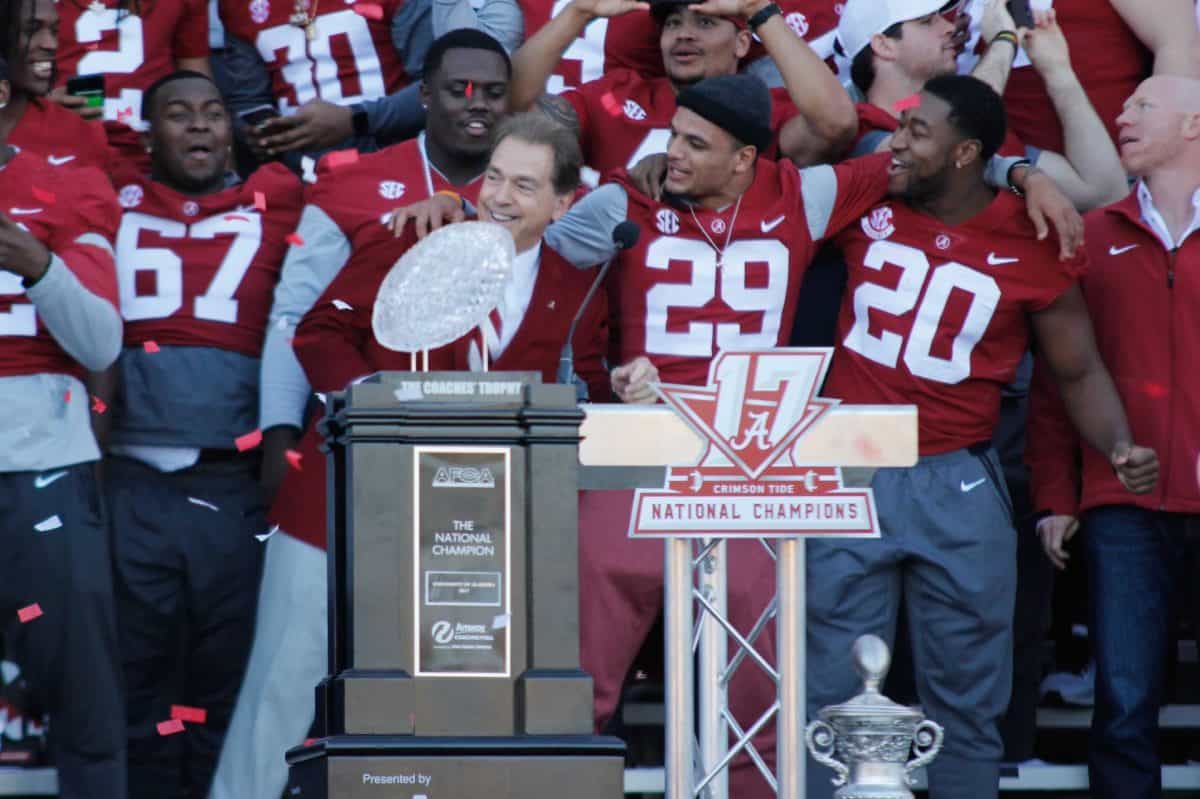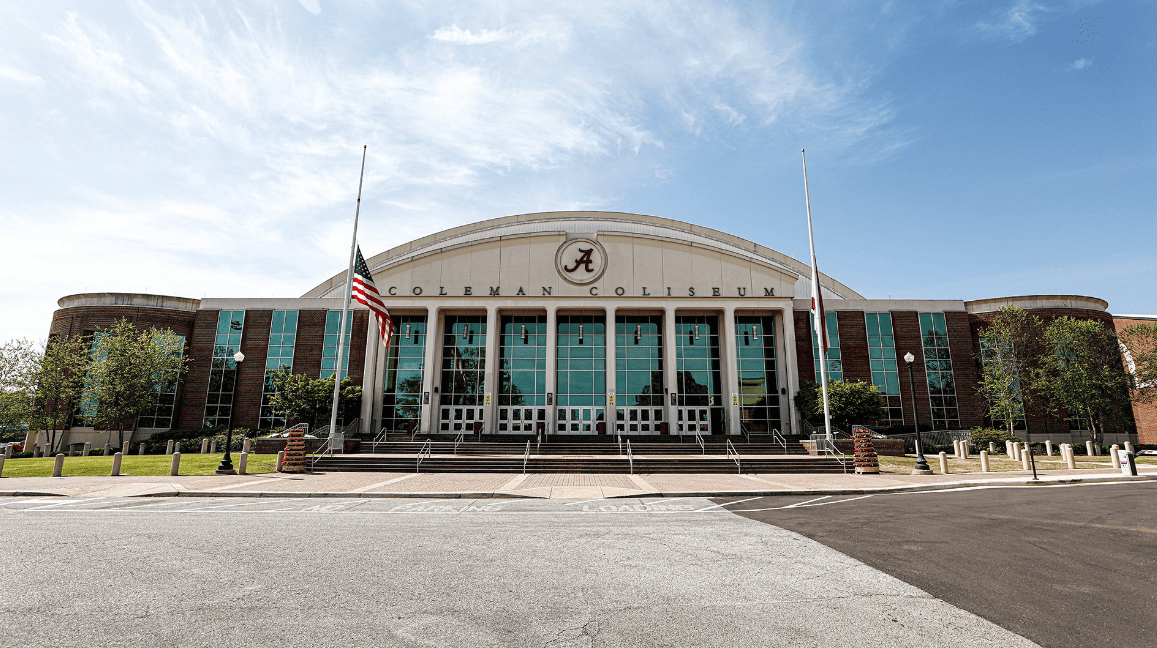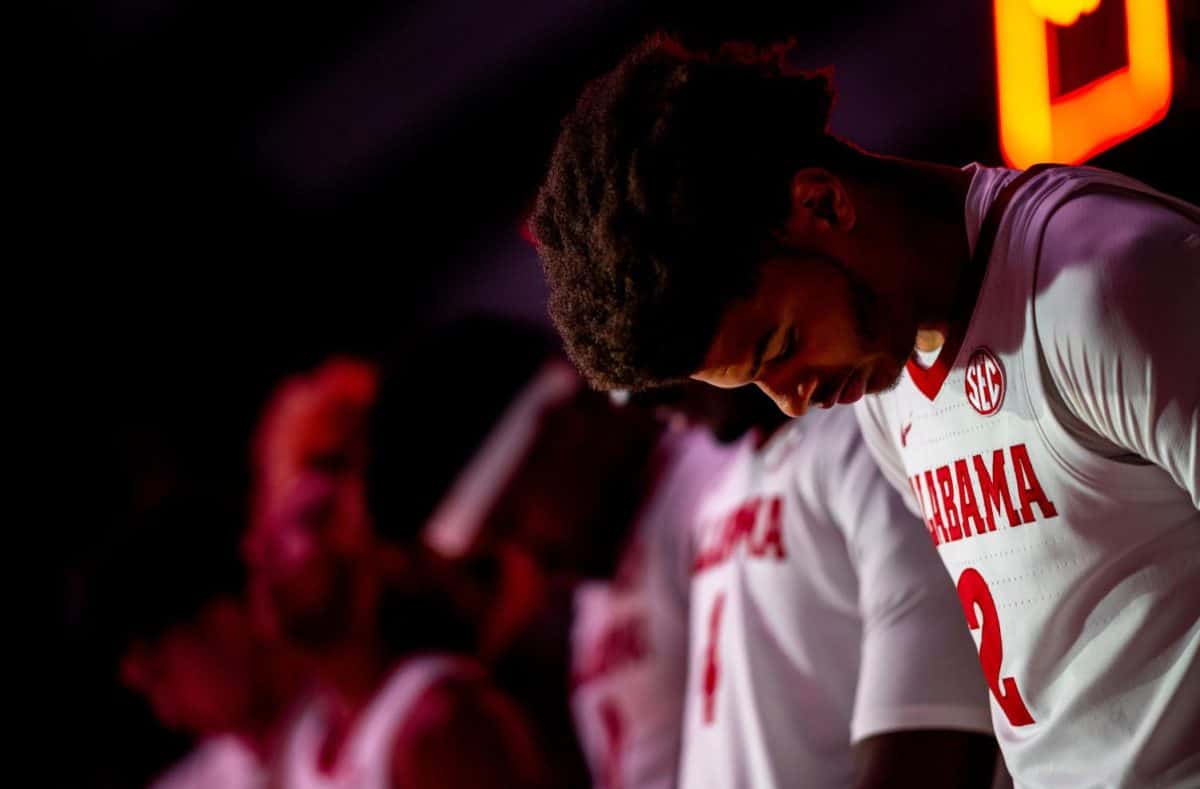Student musicians will take to the stage and showcase their talents in upcoming recitals at Moody Music Building. Each student has taken their own journey to find themselves before an audience, and these students are no different.
Allison Glover, a senior majoring in music education, demonstrated the culmination of her work with the flute with fellow flutist Frances Victory, a fifth year senior also majoring in music education, on Sunday, Sept. 27. Chris Henley and Matthew Edwards, both juniors majoring in music, will take the stage Tuesday, Sept. 29.
Music has been a part of Glover’s life since she began taking piano lessons from her mother in the fourth grade. She said she found her love for the flute in middle school and continued playing throughout high school and into college, where she joined the Million Dollar Band and declared music education as her major.
“Eventually I reached the potential [in flute playing] I was aiming for and I wanted to see how far I could get,” Glover said.
Victory, who performed with Glover this past Sunday evening, also took piano lessons from her own mother and then found her talent for the flute in middle school. Victory started her undergraduate studies as a chemistry major, but after seeing flute professor Diane Schultz perform in the symphonic band Victory was a part of, she said was sold on studying music.
Henley started playing the organ when he was 11 years old. After a church service at his new church, First Baptist in Talladega, Alabama, he went up to the organist and asked if he could teach him how to play. After the morning and evening services at church, Henley would meet with him and learn about the organ. Henley now works as an organist and conductor at First United Methodist Church in Anniston, Alabama.
Edwards began taking organ lessons with his church director when he was in 7th grade. He was a finalist in an organ competition in Connecticut where he met Faythe Freese, Alabama’s organ professor. He then attended the UA Organ Scholarship Competition and said he fell in love with the practice facilities at the University.
“I love the sounds [of the organ]. It’s like an orchestra at your fingertips,” Edwards said.
Glover and Victory have spent the past few years together, sharing most classes and performing together in the Million Dollar Band.
“We’ve held pinkies this whole program so we want to show everyone how much we’ve grown as musicians, but we also want to show everybody that this is how we’ve grown as friends,” Glover said of their senior recital.
For Glover and Victory, this performance is the result of months of preparation and countless hours of practice. Both Glover and Victory decided on their pieces in early Spring of this year, worked tirelessly all summer, and for the two weeks leading up to the recital, have been practicing for almost two hours a day.
“I’ve really had to work on my mental game,” Victory said. “I’ve had to change the way I think about the way I practice because I’m very hard on myself. I’m a perfectionist, but I have to let the little things go and keep moving on.”
Glover also commented on the pressure for perfection and finding the proper mentality for the performance.
“The most pressure isn’t coming from [Schultz],” Glover said. “It’s not coming from my parents or all the people I know are going to be there. It’s coming from me. We want to go out there and do the best we can. The hardest part is knowing how much pressure to put on yourself because you can put too much.”
Though the psychological battle of performing in front of an audience is a major hurdle for performers, Osiris Molina, associate professor of clarinet, noted the physical struggle of giving a recital. Music education majors are required to perform in a 30 minute recital for their degree. Performance majors must perform for an hour.
“The hardest part often is physically getting through a lengthy recital with very limited breaks,” Molina said. “You have to know how your body will react during the performance.”
Glover, Victory and Henley said they all recognize the value of a recital, not just for the performer but for the audience as well.
“Hopefully when people come to a concert if you can bring a little bit of joy or something along those lines that’s the enjoyment I get out of performances,” Henley said. “It’s not so much performing for the sake of performing.”
Glover said she sees recitals as a good way to inform the public culturally.
“It’s important to educate our community about music, not just the kids that want to know,” Glover said. “It’s good for people to see different perspectives because when a musician gets up there and exposes themselves, it’s coming from the deepest parts of that person.”
Victory said she sees recitals as a place for people to learn more about what music majors actually do.
“I think it would open people’s minds up to what other people in the University do,” Victory said. “A lot of people they think of people with instruments and just associate them with the Million Dollar Band, which is good, but we do a lot more.”
Recitals, though they may be time consuming in their preparation and draining in their completion, are considered to be some of the most rewarding experiences musicians can get.
“Five minutes after a concert, you can see the weight is completely lifted off [the performer’s] body,” Molina said. “They’re exhausted but they’re happy and proud and their parents are there and if it’s a good recital, it’s a really empowering thing.”

